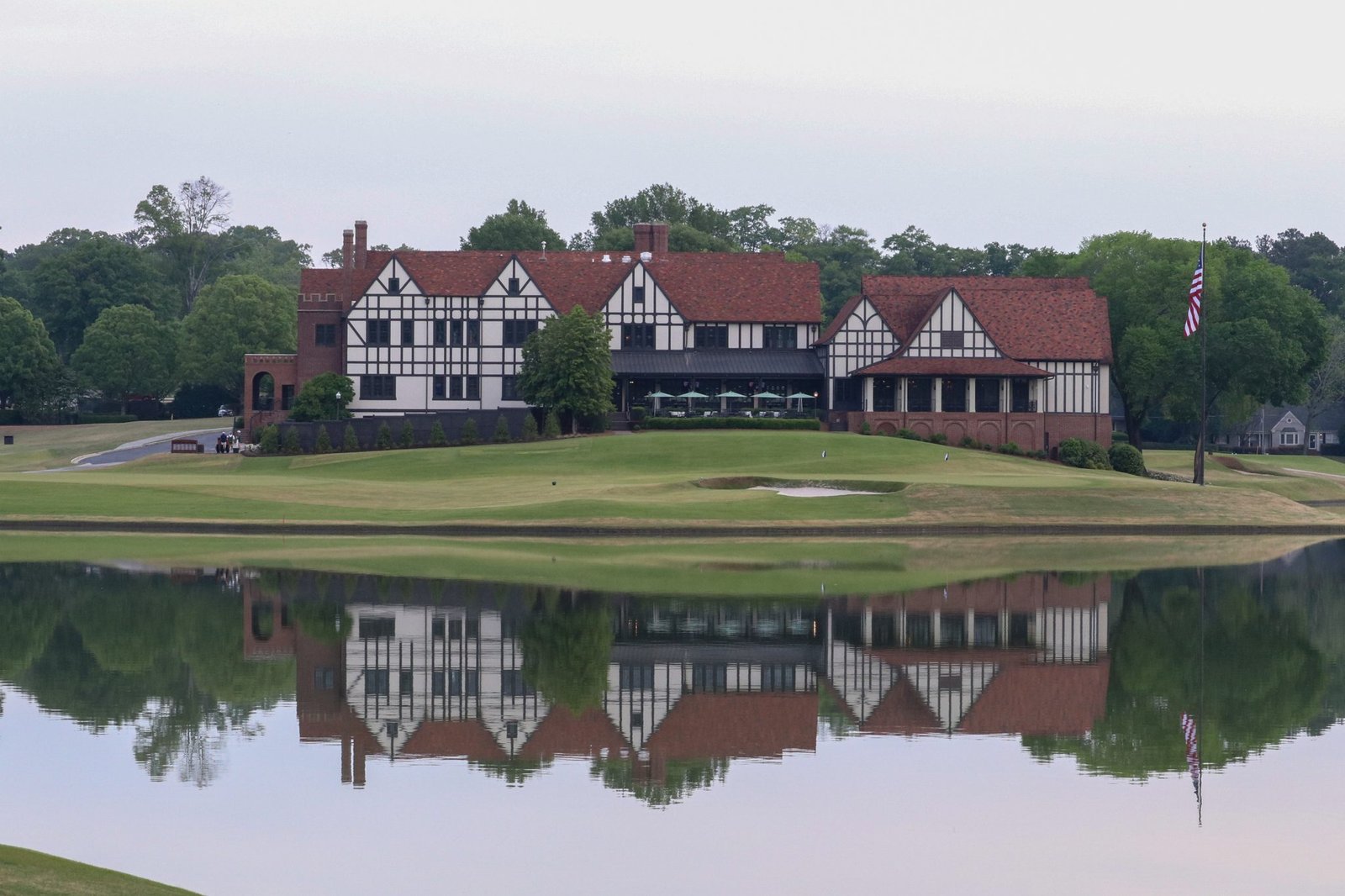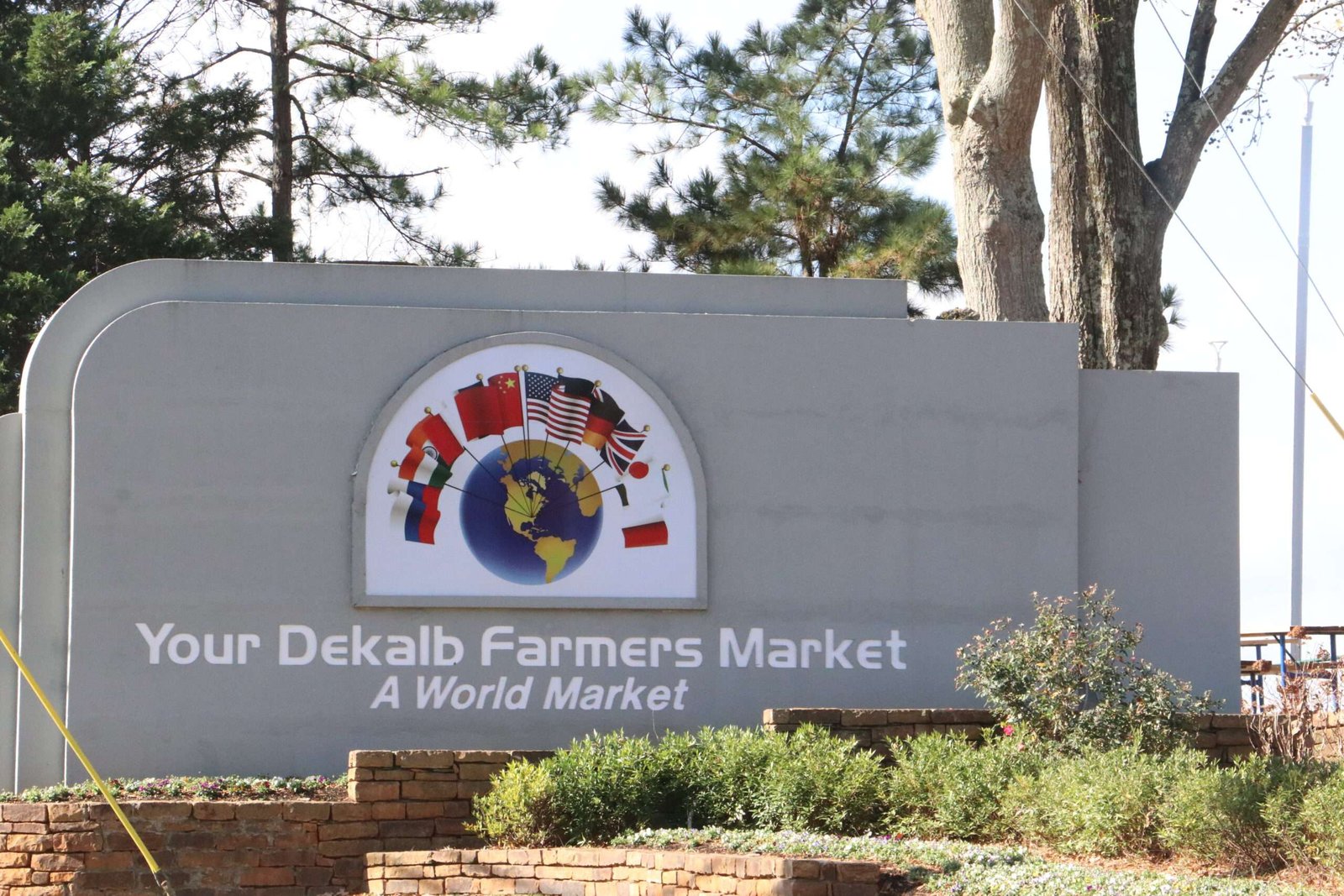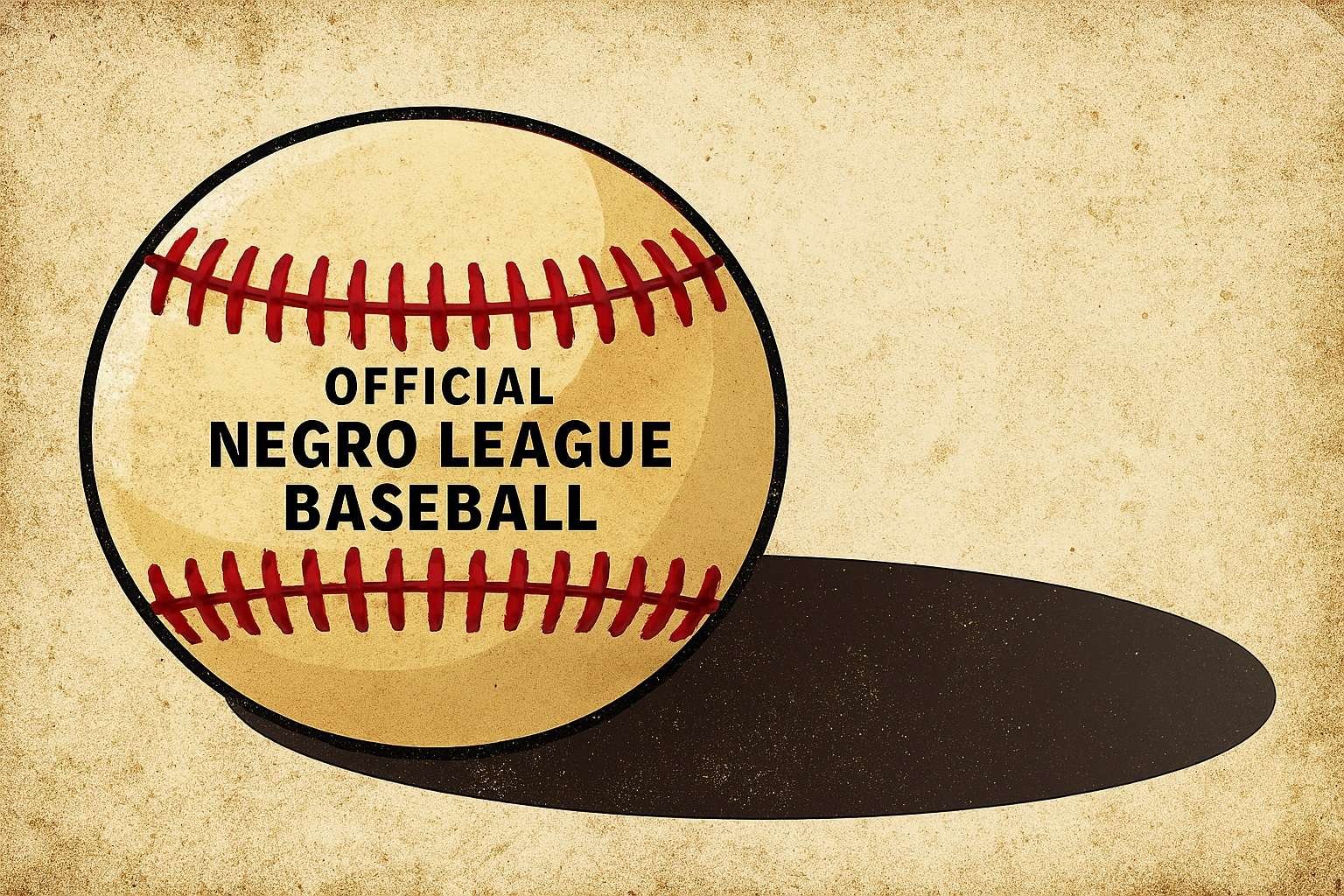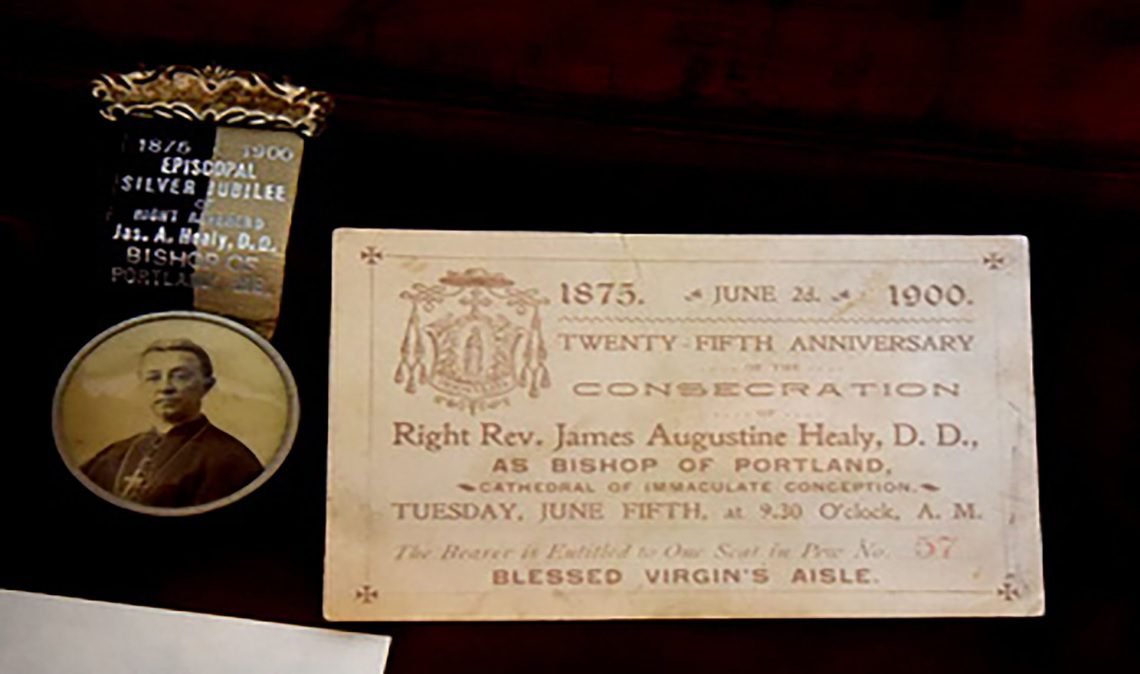
By Milton Kirby | Atlanta, GA | April 18, 2025
As the 89th Masters Tournament concluded Sunday, April 13, 2025, the storylines that emerged weren’t just about the iconic green jacket or record-breaking putts. Behind the meticulously groomed fairways of Augusta National Golf Club lies a deeper story—one that speaks to the history of exclusivity, the slow march toward diversity, and the staggering economic footprint of one of America’s most prestigious sporting events.
Black Golfers in America: Progress and Persistence
Golf in the United States is still largely dominated by white players, but Black athletes have made important strides—though the road remains steep. As of 2024, about 3% of the 28.1 million on-course golfers in the U.S. were Black, totaling roughly 843,000 players. This marks a decline from 1.1 million Black golfers in 2015, highlighting ongoing struggles with access, affordability, and representation.
Despite these challenges, a number of Black golfers have not only made it to the PGA Tour but also achieved remarkable success:
- Charlie Sifford became the first African American to earn a PGA Tour card in 1961, later winning two events and earning a place in the World Golf Hall of Fame.
- Pete Brown was the first Black golfer to win a PGA Tour event in 1964.
- Lee Elder made history in 1975 as the first Black player to compete in the Masters Tournament.
- Calvin Peete, known for his accuracy, won 12 PGA Tour events, including the 1985 Players Championship.
- Jim Thorpe secured three PGA Tour wins and 13 on the Champions Tour.
Modern Black golfers continue to carry the torch:
- Tiger Woods, with 82 PGA Tour wins and 15 majors, remains one of the most dominant and influential golfers of all time.
- Harold Varner III made history as the first Black golfer to advance to the PGA Tour via the Web.com Tour.
- Joseph Bramlett became the first Black player to graduate from PGA Tour Q-School since Tiger.
- Cameron Champ, a rising star, is known for his long drives and advocacy for racial equity in the sport.
- Cheyenne Woods, Tiger’s niece, has competed on the LPGA Tour and earned international victories.
Organizations like the Advocates Professional Golf Association (APGA) Tour are also working to provide competitive platforms for aspiring Black professionals, seeking to increase diversity at golf’s highest levels.

Inside Augusta National: Membership and Milestones
Perhaps no course is more symbolic of golf’s complex relationship with race than Augusta National Golf Club, home of the Masters since its debut in 1934. Known for its tightly guarded membership and tradition-heavy culture, the club did not admit its first Black member—Ron Townsend, a television executive—until 1990. This move came amid national pressure after a similar exclusion scandal at Alabama’s Shoal Creek Club drew widespread backlash.
Since then, Augusta has added other Black members, including Condoleezza Rice, who also broke barriers as one of the club’s first two female members in 2012, and former NFL great Lynn Swann. The exact number of Black members today remains confidential, in line with Augusta’s longstanding policy of secrecy. Still, reports suggest several African Americans now hold roles in membership and business operations.
Augusta’s exclusivity persists: membership is by invitation only, with estimated initiation fees between $100,000 and $300,000, and annual dues under $30,000. The club typically hosts around 300 members, often referred to as “green jackets.”
Masters Champions: Legends of the Tournament
In its 89-year history, only a few players have won the Masters multiple times—a rare achievement that cements their place in golf legend.
- Jack Nicklaus leads with 6 victories (1963, 1965, 1966, 1972, 1975, 1986).
- Tiger Woods, the most dominant Black golfer in history, has won 5 times (1997, 2001, 2002, 2005, 2019).
- Arnold Palmer claimed 4 wins (1958, 1960, 1962, 1964).
Tiger Woods’ historic 1997 win not only redefined the sport but also symbolized a new chapter in its racial history. His enduring legacy continues to inspire young golfers of color across the globe.
The 2025 Masters added yet another chapter to the tournament’s historic legacy when Rory McIlroy won after a dramatic sudden-death playoff against Justin Rose. With the victory, McIlroy became the sixth player—and the first European—to complete the modern career Grand Slam, doing so on his 11th attempt. His long-awaited triumph underscored the global prestige of the Masters and highlighted how the event continues to shape the narratives of golf’s greatest champions.

The Masters and Georgia’s Economy: A Championship Boost
The Masters isn’t just a sporting event—it’s an economic juggernaut. Held each April, the tournament injects between $120 million and $140 million into Augusta’s local economy. From luxury rentals to booming restaurant business, the city transforms into a hub of global commerce during Masters Week.
Across Georgia, golf drives even larger gains. In 2022, the industry generated a $5.3 billion statewide economic impact, supporting over 55,000 jobs and contributing $2.7 billion in wages.
Hospitality rates spike dramatically during the tournament:
- Hotel rates surge up to 800%, averaging $500 per night.
- Local hotels generate about $26 million in revenue.
- Short-term rentals average $5,300 per week, with some homeowners earning up to $28,000, often enough to pay a year’s mortgage.
Transportation sees a bump too. Augusta Regional Airport handles over 2,100 private flights during Masters Week—more than five times its normal daily volume.
And then there’s merchandise. Augusta National’s iconic shop generates an estimated $50 million in sales annually during the event, with items like Masters-themed gnomes becoming collector’s favorites.
The Legacy and the Future
Despite Augusta National’s secretive culture and its late adoption of inclusive practices, the club and the Masters remain fixtures in American sport and business. But the story of Black golfers—past, present, and future—is still being written.
The legacy of exclusion still casts a long shadow. Yet with champions like Tiger Woods, pioneers like Charlie Sifford and Lee Elder, and grassroots efforts like the APGA Tour pushing for change, the fairways are slowly becoming more welcoming.
Golf, like America, is a work in progress—full of tradition, potential, and the constant challenge to do better.
Please consider supporting open, independent journalism – no contribution is too small!









Thank you for sharing!
Great article! I was glad to see your mention of Robert Townsend who fought for membership into Augusta Country Club. He is still alive and well, and with his family, attends the Master’s Tournament every year. His daughter, Michelle, and I have been friends over 25 yrs. And his sports commentator granddaughter, Bria Smith, has a girls, ages 11-18, free golfing program, HER SHOT. Applications are now open for the limited number of spots.
Details: June 11th – July 23rd at the Bobby Jones Golf Course. See link below for application.
https://forms.gle/QWJ1g4TPghAQqzX66